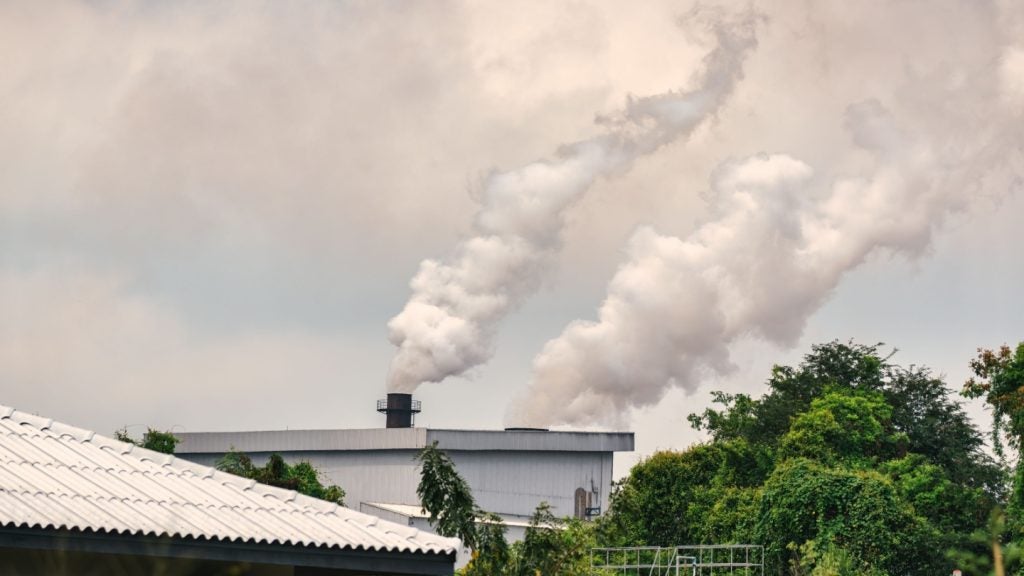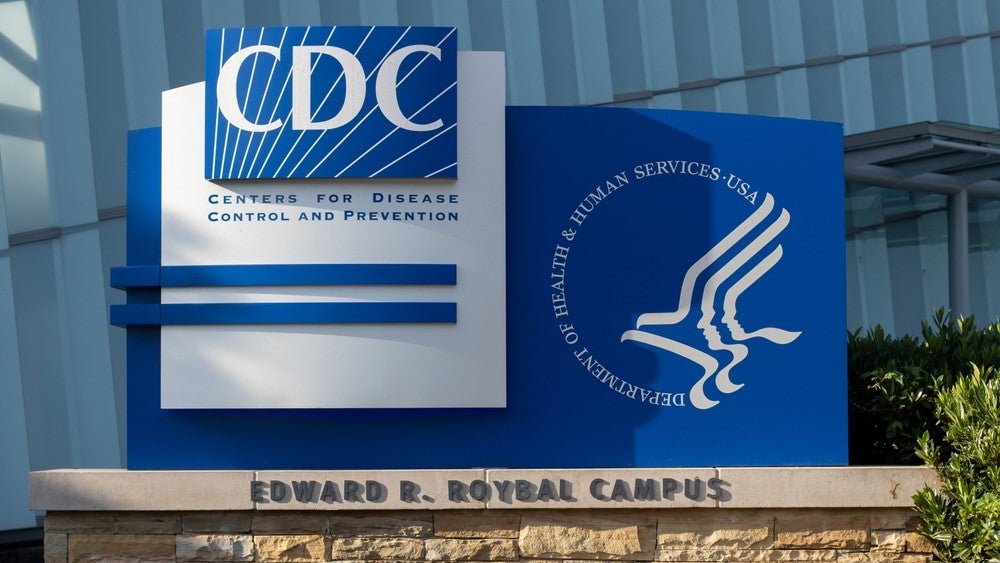Takeda and the Boston Medical Center (BMC) have announced a partnership aimed at tackling decarbonisation across the US healthcare ecosystem.
Their collaboration specifically targets the reduction of greenhouse gas emissions (GHGs) due to regulated medical waste disposal, such as single-use plastics and pharmaceutical packaging.
It is poised to identify and pilot solutions to reduce hard-to-abate emissions, and to share findings to facilitate adoption across the healthcare industry.
By implementing waste audits and testing new technologies, BMC aims to pinpoint emission hotspots and address them effectively.
BMC health system senior vice-president and chief sustainability and real estate officer Robert Biggio stated: “Increasing health risks exacerbated by climate change, such as extreme heat, pollution, biodiversity loss and other environmental impacts, are a real and direct threat to patient and community wellbeing.
“Our collaboration with Takeda aims to drive meaningful change by tackling environmental challenges that contribute to health disparities in many communities.
“This collaboration is a critical step in driving innovation in the medical supply chain that can be shared with other health care organisations for a healthier environment for all communities.”
For Takeda, the initiative aligns with its commitment to achieving net zero GHG emissions by 2035 in its operations and by 2040 across its value chain.
The Science Based Targets initiative (SBTi) validated Takeda's GHG emission goals in 2024, confirming their alignment with the global effort to limit temperature rise to 1.5°C above pre-industrial levels.
BMC is the first hospital in the US to utilise a rooftop solar array to aid patients with energy insecurity, and has established rooftop farms to supply fresh produce for its needs.
It opened the first net-zero-ready behavioural health facility and issued sustainability bonds, raising $232m for campus renovations to enhance patient care.
The collaboration between Takeda and BMC will involve engaging with industry stakeholders, including waste vendors and suppliers, to establish and disseminate new best practices.
















